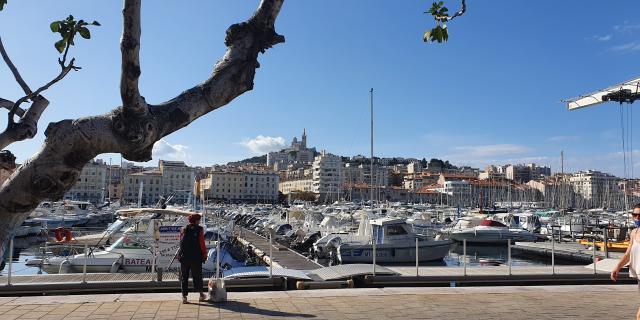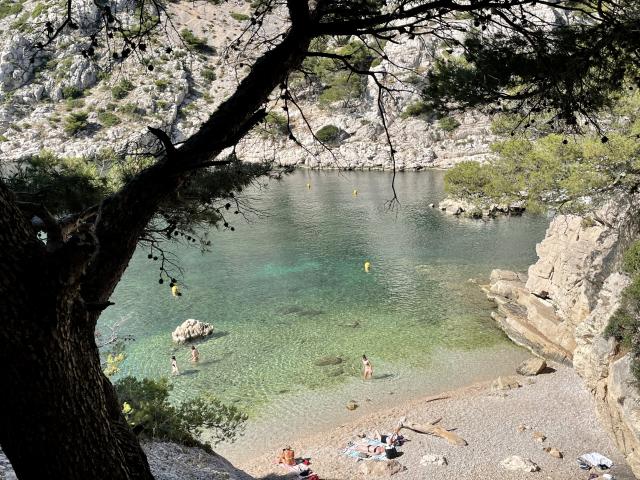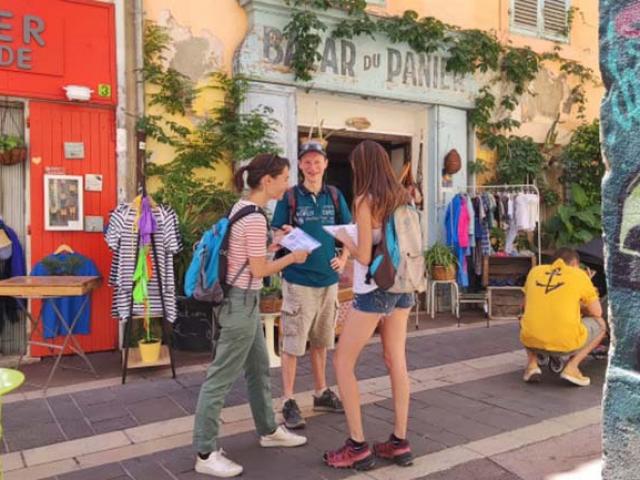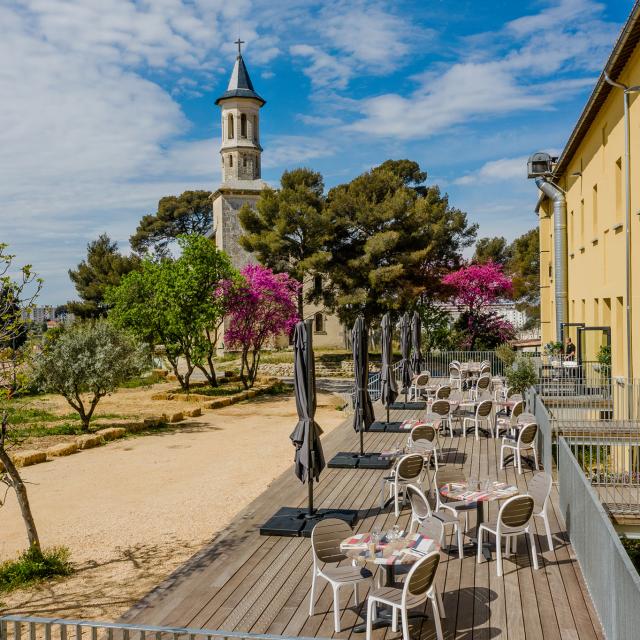What is sustainable tourism?
According to the World Tourism Organisation (UNWTO), sustainable tourism is ‘tourism that takes full account of its current and future economic, social and environmental impacts, by meeting the needs of visitors, professionals, the environment and host communities’ (source ATD). Its aim is ‘to make the improvement of environmental and social conditions resulting from the development of tourism compatible with the maintenance of development capacities for future generations’. It was defined by Agenda 21 in 1992.
All tourism stakeholders can adopt a sustainable approach by integrating the three principles of sustainable development – environmental, economic and social – into their management and offerings. Sustainable tourism must develop sustainable solutions for the environment by preserving natural resources and biodiversity. The solutions must also be economically sustainable, offering stable jobs and benefits for the host communities. Finally, they must be socially equitable by preserving the identity and cultural heritage of the host populations.
Accommodation providers, restaurateurs, tourism professionals, towns and cities and all those involved in the tourism sector have a key role to play in developing sustainable tourism. They need to raise travellers’ awareness of sustainability issues and encourage them to adopt more responsible behaviour by proposing practical solutions. Their commitment is rewarded by labels and certifications. Among the best known are Clef Verte, Ecolabel and Ecotable, which are based on criteria relating to energy, water and waste management, the origin of the products used and the selection of suppliers. Numerous tourist establishments in Marseille have obtained these certifications thanks to the various labelling programmes set up by the Marseille Tourism, Leisure and Convention Bureau, with the help of the Region and the City, which has also obtained ISO 20121 certification and been labelled an Innovative and Sustainable Destination. This makes Marseille a tourist destination capable of offering a pleasant experience to travellers, while minimising the negative impacts of the tourism industry.
Sustainable tourism encompasses a number of different forms, all of which have the same objective: to minimise the negative impact of tourism on the environment and local populations while promoting sustainable development. Each of these forms makes unique contributions to achieving this common goal.

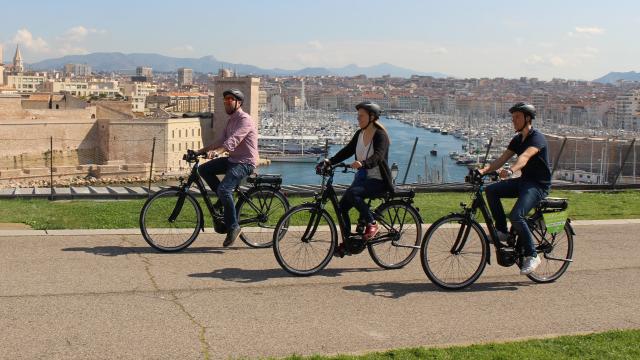
Responsible tourism
Responsible tourism involves minimising the impact of travel on the environment and local culture. This means choosing your destination, booking certified and labelled accommodation, using low-carbon transport and taking part in environmentally-friendly activities. Once you’ve taken these practices into account, you can opt for tourism that focuses on an element of sustainable development, such as the environment or social issues, and rediscover France.
